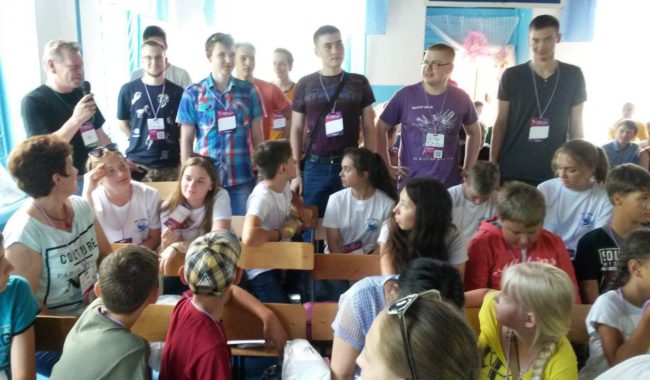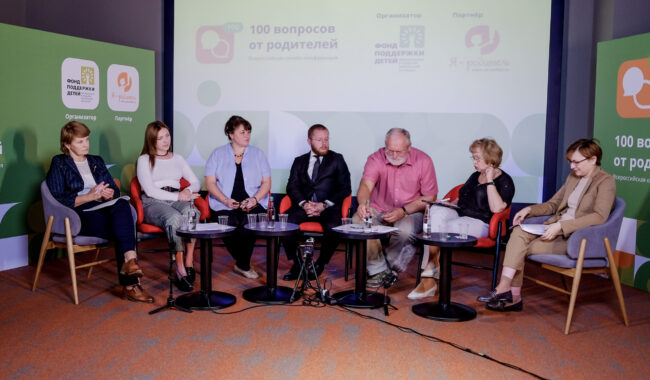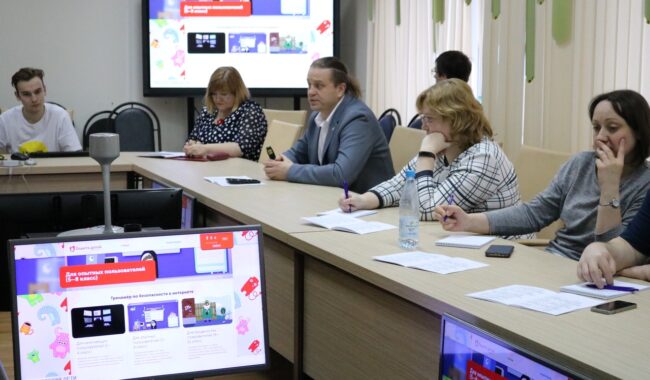A workshop for IT career consultants took place at Molodtsov School No. 285 in Moscow
A workshop for career guidance teachers took place at Moscow’s Molodtsov School No. 285 on May 8. Viktoria Bunchuk, Project Manager of the Smart Internet Foundation, administrator of the .DETI domain, presented her report “IT professionals are our future.”
In her report, Bunchuk presented expert data indicating that the development of information technology and its application in nonconventional areas, as well as automation of many routine processes will keep IT experts in high demand in the labor market. At the same time, there is a shortage of highly-skilled IT professionals in Russia.
“According to the Internet Initiatives Development Foundation, qualified IT professionals account for only 2.4 percent of the total workforce in Russia. In comparison, in the US, Germany and the UK it is 4.3 percent of the employed,” Viktoria noted. “To fill the gap and reach this target, starting 2018, vocational schools and universities need to enroll at least 40,000 more students every year while upgrading the quality of training and providing sponsored employment for graduates. In the next ten years we must train at least two million IT experts to satisfy the demand and catch up with the digitally developed countries.”
Fast development of the information and digital technologies that are penetrating all sectors of the economy and private life are making some jobs obsolete and replacing them with new ones that are either completely based on IT or largely relying on new technologies. Thus, according to the latest trends in the internet industry development, in the next few years the highest demand will be for jobs associated with blockchain technology, artificial intelligence, telemedicine, the Internet of Things, Big Data, virtual reality, robots, etc..
The main issues with training highly skilled IT experts include students’ low digital literacy and knowledge of professional aspects of IT jobs, as well as a small number of IT study programs.
“At the same time, study programs are very outdated and too conservative,” Bunchuk said. “Another problem is that teachers are unaware of latest IT trends, and training programs rarely get updated. Graduates do not have the skills to deal with current challenges and need additional on-the-job training and sometimes complete retraining.”
One of the ways to solve these problems is to improve children’s digital literacy as part of their school and extracurricular studies. Projects developed by leading IT companies can be of great help. Among them are the Explore the Internet & Govern It! interactive web portal; the Codabra and Codewards programming platforms, the BUDUGURU, Ucheba.ru and Foxford projects and others.
Ms Bunchuk finished her report with inspiring examples of how students bring to life their own humanitarian ideas using new technology. For example, young designers from the Quantorium club in Krasnoyarsk invented a drone to control air pollution; a student from Ufa developed a mobile app to improve the quality of life for people with hearing and visual impairments; teenagers from Akhtubinsk near Astrakhan launched a fully functional social network, Kenap. More examples can be found in the Talented Children section of Intelligent Magazine.



